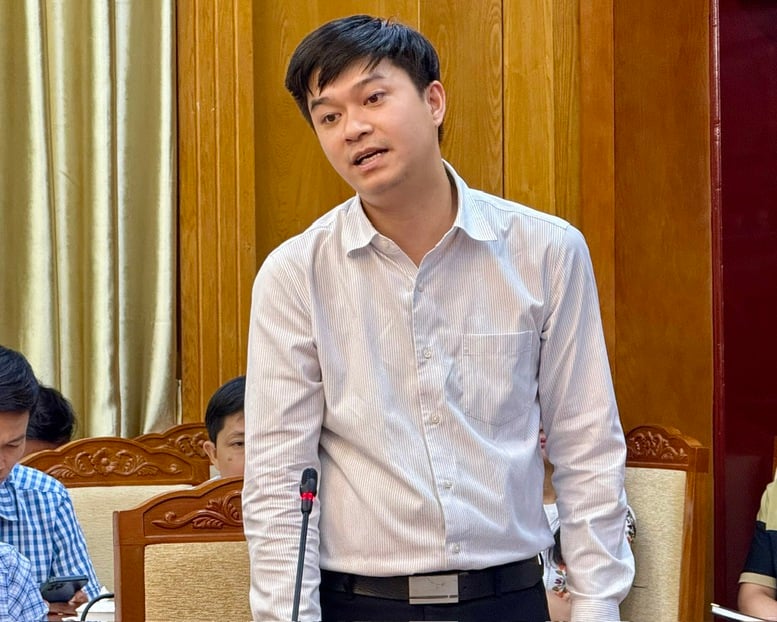
Mr. Nguyen Tat Hung, Director of Global Import-Export Company, said that there are currently technologies that can process lychee peels and seeds into many highly applicable products - Photo: VGP/Do Huong
Not only that, all by-products from lychee can be utilized such as seeds, peels, etc. This is the opinion given by Mr. Nguyen Tat Hung, Director of Global Import-Export Company at the meeting between the Minister of Agriculture and Environment and the Chairman of the People's Committee of Bac Giang Province with lychee processing and consumption enterprises on May 11.
Mr. Hung’s story is no longer unique as many businesses have begun researching technologies to process lychee into many products with higher value. Developing the deep processing industry is the key solution to reduce consumption pressure and increase the value of lychee. Products such as jam, juice, lychee wine, and dried lychee have initially affirmed their position in the domestic and foreign markets.
Ms. Ta Thi Thuy, Director of Bang Thuy Agricultural Cooperative, Luc Ngan District, Bac Giang Province shared: "Dried lychee is now available in Japan and Korea and is highly appreciated by consumers. However, to expand production scale, we need capital and technology support from businesses". The Ministry of Agriculture and Environment is also currently encouraging businesses to invest in modern processing lines, diversify products and utilize by-products to reduce waste and increase value.
Along with increasing deep processing, Ms. Ngo Thi Thu Hong, General Director of AMEII Vietnam Company, proposed focusing on waste treatment in processing, and at the same time recommended a flexible mechanism to adapt to fluctuations in gasoline prices and the market.
Strengthening the application of green technologies
In Bac Giang, lychee currently has an area of nearly 30,000 hectares, with an expected output of 165,000 - 170,000 tons in the 2025 crop, bringing in revenue of 6,000 - 7,000 billion VND/year. However, the short harvest time, high seasonality and heavy dependence on exports pose many challenges. Based on the current situation, specific orientations and solutions are proposed to increase the value and sustainable development of lychee.
Minister Do Duc Duy emphasized that strict production management combined with quality monitoring is a core factor. Localities need to closely monitor weather and pests, especially fruit stalk borers, to provide timely guidance. Growing areas and processing facilities must comply with growing area codes and control pesticide residues - prerequisites for penetrating international markets such as the US, Japan, and the EU. The Ministry encourages restructuring of raw material areas, adjusting crop seasons, and applying green technologies such as humidity sensors and AI to analyze pests and diseases to improve productivity and quality, meeting strict standards from export markets.
The Minister proposed to organize flexible consumption, regularly updating scenarios based on market fluctuations. Supporting businesses and cooperatives to purchase directly at the garden will reduce inventory pressure. The distribution system needs to expand from supermarkets, wholesale markets to e-commerce, taking advantage of online shopping trends in Korea and Japan.
The Ministry of Agriculture and Environment will coordinate with provinces to open the "door" to potential markets such as South America and the Middle East, while connecting businesses with modern cold storage systems, investing in mobile processing points in growing areas and supporting fast customs clearance procedures at border gates, especially with China - which accounts for 90% of lychee exports. With an average price of 2 USD/kg, if exports to high-quality markets are promoted, Bac Giang lychees can contribute 500-600 million USD to agricultural export turnover, supporting the industry's target of 70 billion USD by 2025.
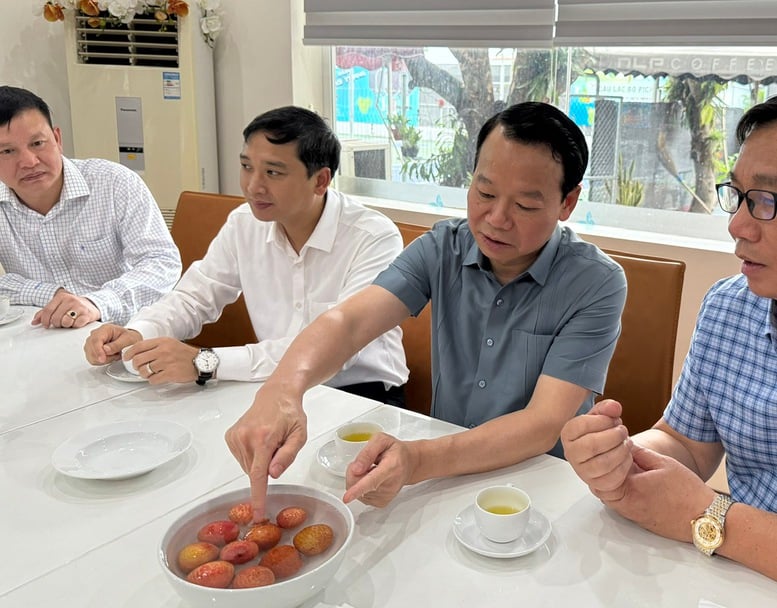
Minister Do Duc Duy and Chairman of Bac Giang Provincial People's Committee Nguyen Viet Oanh (sitting in the middle) directly enjoyed lychee products that were frozen from the previous crop, which after thawing still had the same color and flavor as fresh lychee - Photo: VGP/Do Huong
Logistics and preservation are considered the "soft infrastructure" that determines competitiveness. The Minister requested that businesses cooperate to invest in cold storage and on-site processing centers to reduce post-harvest losses and extend storage time. Advanced irradiation and processing technology should be prioritized so that lychees are not only consumed within a few weeks but become a year-round commercial product, penetrating high-end markets such as the EU. Mobile processing points in growing areas will help reduce pressure during peak harvest periods, ensuring the quality of fresh fruit before exporting or processing.
Faced with consumption pressure and strict requirements from export markets, the Ministry requires localities and businesses to closely coordinate to build sustainable supply chains, improve product quality and diversify markets. Bac Giang proposed that the government support preferential credit for processing enterprises and assess land quality to optimize growing areas. Chairman of the Provincial People's Committee Nguyen Viet Oanh hopes for an early warning mechanism and a transparent information channel on market fluctuations, helping people and businesses proactively adjust production plans in the face of challenges from climate change.
The Minister suggested that Bac Giang coordinate with media agencies and people to position lychee as a "green - clean - high-quality" product. The promotional campaign needs to emphasize cultural values, quality, and build trust with domestic and foreign consumers. Signing strategic cooperation agreements with research institutes and businesses will support digital transformation and enhance brand image. The Ministry commits to promptly handling issues within its authority and reporting to the Government on issues beyond its authority to ensure timely solutions.
Minister Do Duc Duy highly appreciated Bac Giang's achievements, from high GDP growth to favorable infrastructure, affirming that the province has the potential to become a model of modern agriculture. With the Ministry's support, Bac Giang will not only be the "capital of lychee" but also a launching pad to bring agricultural products to the world. "Each lychee will be an ambassador of Vietnamese agricultural products in the international market," the Minister emphasized and called for cooperation between the government, businesses and people. These orientations not only increase the value of lychee but also lay the foundation for a sustainable and competitive agricultural sector in the global market.
Do Huong
Source: https://baochinhphu.vn/tang-gia-tri-vai-thieu-bang-ung-dung-cong-nghe-102250513162208516.htm


![[Photo] Prime Minister Pham Minh Chinh receives Ambassador of the French Republic to Vietnam Olivier Brochet](https://vphoto.vietnam.vn/thumb/1200x675/vietnam/resource/IMAGE/2025/5/13/f5441496fa4a456abf47c8c747d2fe92)
![[Photo] President Luong Cuong awarded the title "Heroic City" to Hai Phong city](https://vphoto.vietnam.vn/thumb/1200x675/vietnam/resource/IMAGE/2025/5/13/d1921aa358994c0f97435a490b3d5065)
![[Photo] President Luong Cuong attends the inauguration of the international container port in Hai Phong](https://vphoto.vietnam.vn/thumb/1200x675/vietnam/resource/IMAGE/2025/5/13/9544c01a03e241fdadb6f9708e1c0b65)


![[Photo] Many people in Hanoi welcome Buddha's relics to Quan Su Pagoda](https://vphoto.vietnam.vn/thumb/1200x675/vietnam/resource/IMAGE/2025/5/13/3e93a7303e1d4d98b6a65e64be57e870)
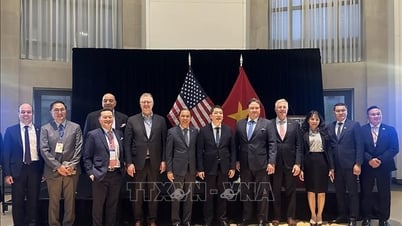
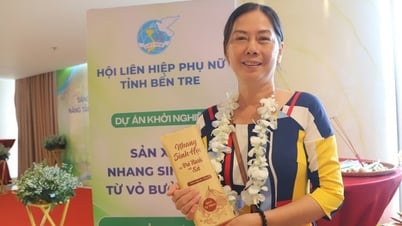

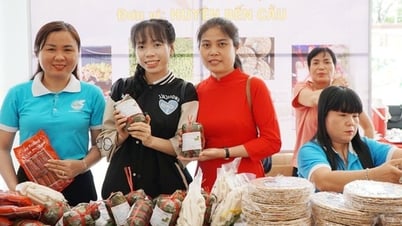
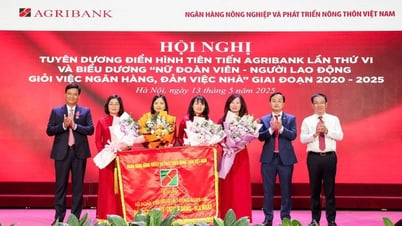
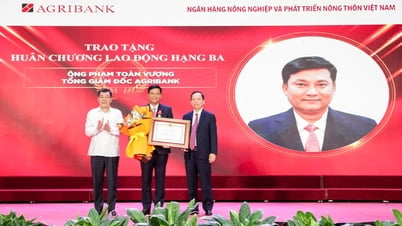





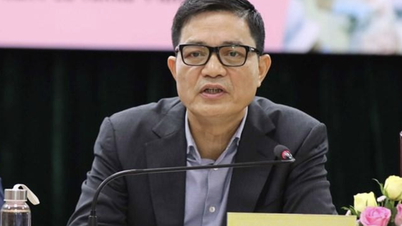

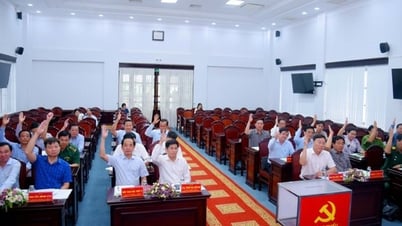
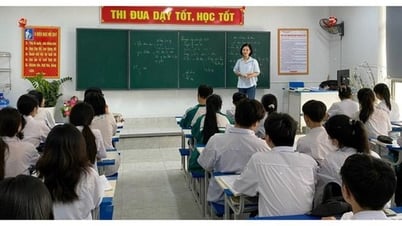


















































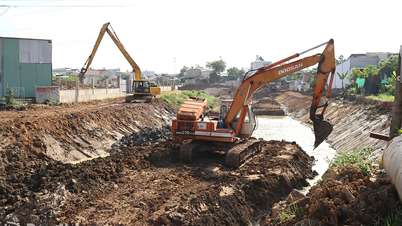

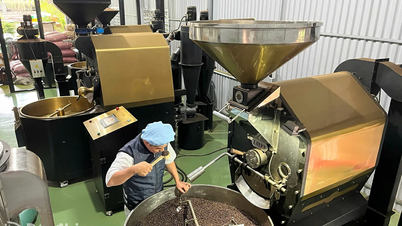


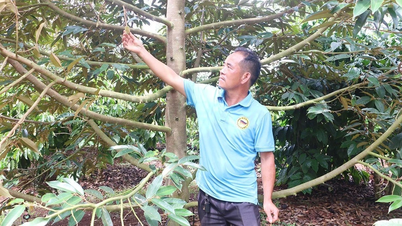



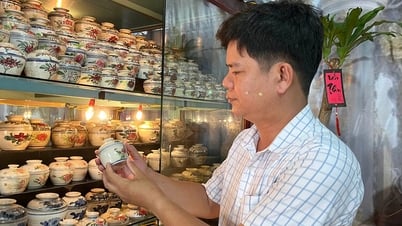









Comment (0)